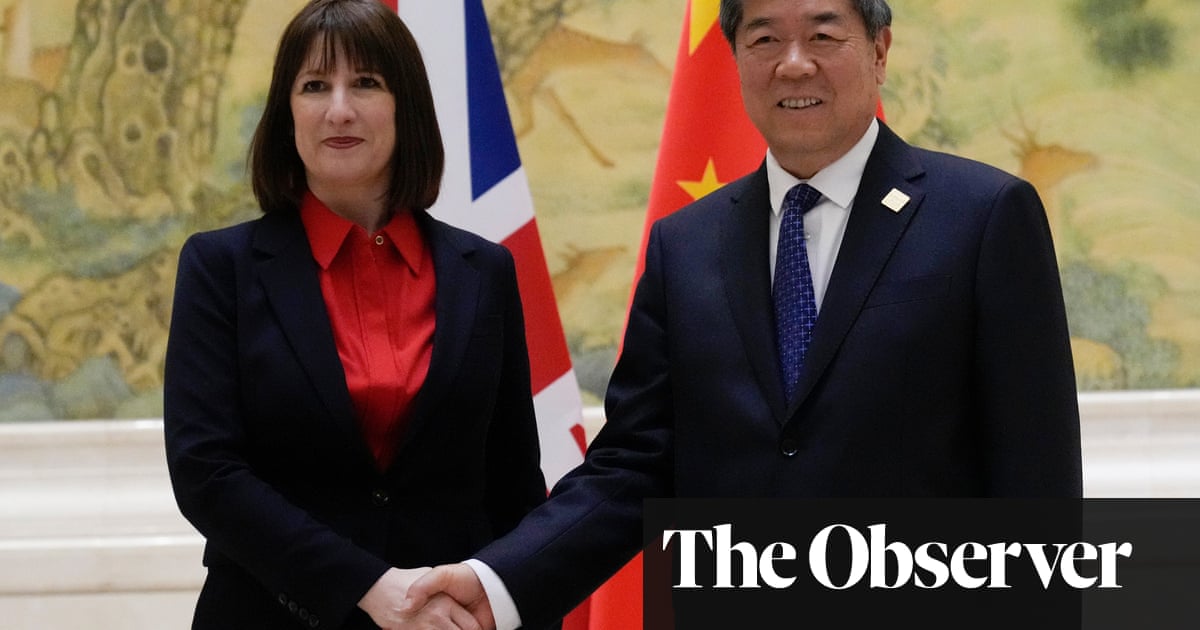South Korea’s conservative president, Yoon Suk Yeol, has reportedly failed to obey a summons from prosecutors investigating him on charges including insurrection as he faces impeachment after declaring martial law.
Yoon, who was sent a summons on Wednesday requesting him to appear for questioning at 10am local time on Sunday, did not show up, according to the Yonhap news agency. Yoon and other senior officials are being investigated on possible charges of insurrection, abuse of authority and obstructing people from exercising their rights.
Yonhap said prosecutors – who are also seeking arrest warrants for senior military officials, including the head of the army special warfare command and the chief of the capital defence command – plan to issue another summons for the president.
The president’s reported failure to appear came a day after South Korean MPs voted to impeach him over the unsuccessful attempt to declare martial law almost two weeks ago that plunged the country into some of its worst political turmoil in decades.
In a late-night emergency television address to the nation on 3 December, Yoon announced he was imposing martial law, accusing the opposition of paralysing the government with “anti-state activities”.
The imposition of martial law – the first of its kind in more than four decades – lasted only six hours, and hundreds of troops and police officers sent by Yoon to the national assembly withdrew after the president’s decree was overturned. No major violence occurred.
Yoon’s powers have been suspended until the constitutional court decides whether to remove him from office or reinstate him. If Yoon is dismissed, a national election to choose his successor must be held within 60 days.
The court will meet to begin considering the case on Monday, and has up to 180 days to issue a ruling. But observers say a ruling could come faster. In the case of parliamentary impeachments of past presidents, Roh Moo-hyun in 2004 and Park Geun-hye in 2016, the court spent 63 days and 91 days respectively before determining to reinstate Roh and dismiss Park.
South Korea’s main opposition leader, Lee Jae-myung, has offered to work with the government to ease the political tumult as officials seek to reassure allies and markets after the impeachment vote.
Lee, who leads the Democratic party and who has led the political offensive against Yoon’s embattled government, is seen as the frontrunner to replace him. Lee has urged the constitutional court to rule swiftly on Yoon’s impeachment and proposed a special council for cooperation between the government and parliament.
The opposition leader told a televised news conference that a rapid ruling was the only way to “minimise national confusion and the suffering of people”.
Lee also proposed a national council where the government and the national assembly would work together to stabilise state affairs, and said his party would not seek to impeach the prime minister, Han Duck-soo, a Yoon appointee who is serving as acting president.
“The Democratic party will actively cooperate with all parties to stabilise state affairs and restore international trust,” Lee said. “The national assembly and government will work together to quickly resolve the crisis that has swept across the Republic of Korea.”
On assuming his role as acting leader, Han ordered the military to bolster its security posture against North Korea. He asked the foreign minister to inform other countries that South Korea’s main external policies would remain unchanged, and the finance minister to work to minimise potential negative impacts on the economy from the political turmoil.
On Sunday, Han had a phone call with the US president, Joe Biden, in which they discussed the political situation in South Korea and regional security challenges including the North’s nuclear programme. Biden expressed his appreciation for the resiliency of democracy in South Korea and reaffirmed “the ironclad commitment” of the US, according to both governments.
Opposition parties have accused Yoon of rebellion, saying a president in South Korea is allowed to declare martial law only during wartime or similar emergencies and would have no right to suspend parliament’s operations even in those cases.
Yoon has rejected the charges and vowed to “fight to the end”. He said the deployment of troops to the national assembly was aimed to issue a warning to the Democratic party, which he called an “anti-state force” that abused its control of parliament by holding up the government’s budget bill for next year and repeatedly pushing to impeach top officials.
Law enforcement institutions are investigating possible rebellion and other allegations. They have arrested Yoon’s defence minister and police chief and two other high-level figures.
Yoon has immunity from most criminal prosecution as president, but that does not extend to allegations of rebellion or treason. He has been banned from leaving South Korea, but observers doubt that authorities will detain him because of the potential for clashes with his presidential security service.
With Agence France-Presse, Reuters and the Associated Press

.png) 3 weeks ago
12
3 weeks ago
12













































